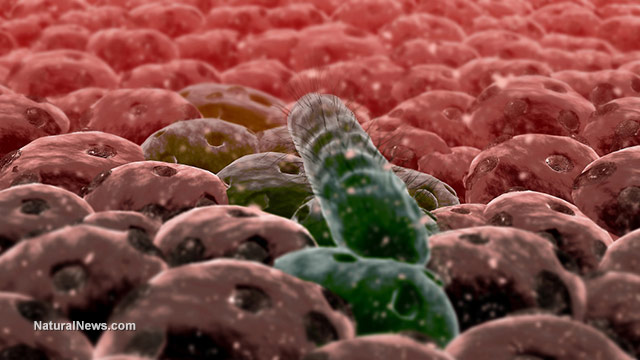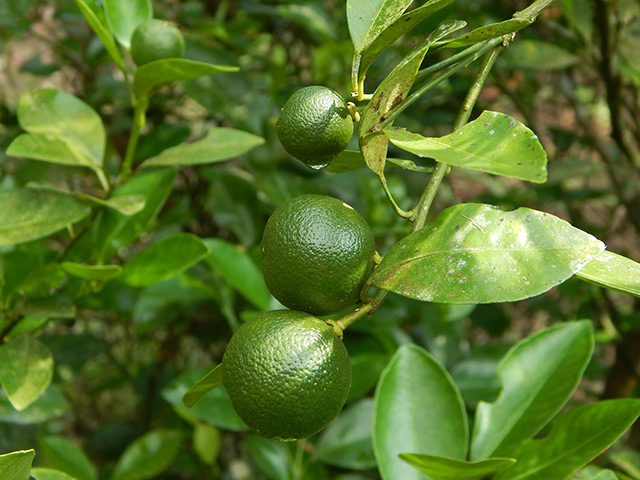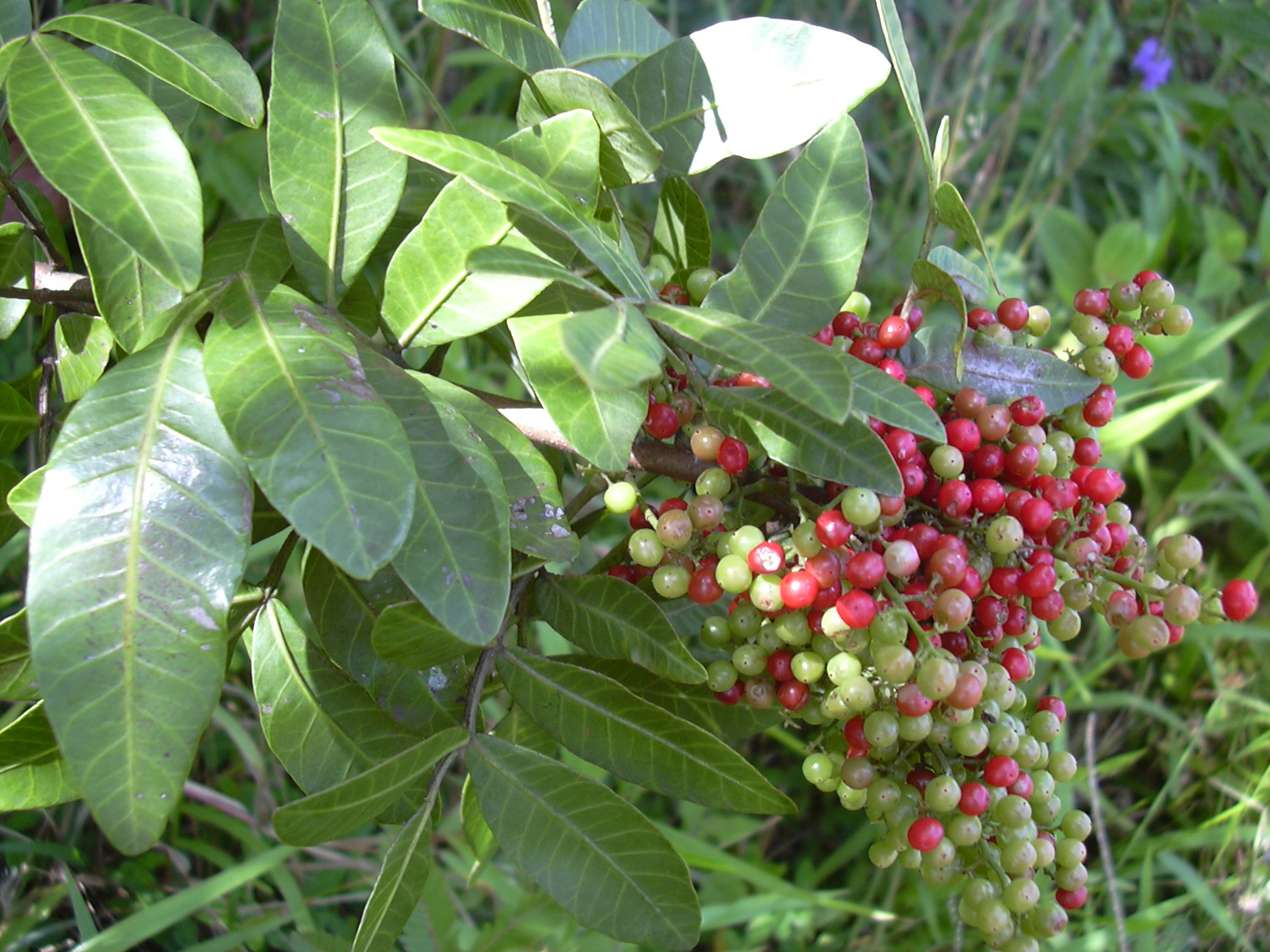Honey and black cumin found to treat H. Pylori patients
03/09/2019 / By Tracey Watson

Helicobacter pylori – or H. pylori – infections are fairly common, with more than half the world’s population likely walking around with these bacteria in their gut. Nonetheless, they are responsible for the majority of ulcers of the small intestine and stomach, and are becoming increasingly difficult to treat. New “superbug” type antibiotic-resistant strains of H. pylori are now emerging, and this bacterium is very easily transmitted through the saliva, making treatment even trickier. H. pylori can cause mild to severe abdominal pain, bloating, gastric reflux, belching, constant bad breath and nausea. It can also affect the stomach’s ability to produce intrinsic factor, which allows the small intestine to absorb vitamin B12; this can lead to chronic anemia.
Now, researchers from the Iran University of Medical Services have discovered a natural solution that can eradicate as many as 50 percent of all H. pylori infections with virtually no side effects. This simple solution is just a combination of honey and black cumin (Nigella Sativa).
For the study, which was published in the Iran Red Crescent Medical Journal, 19 volunteers who had tested positive for H. pylori, and were suffering with peptic ulcers, gastric cancer or gastrointestinal bleeding, were given a teaspoon of Dosin – a mixture of 6g of the black cumin and 12g of honey – three times a day, for two weeks. Urea breath tests (UBTs) were administered both before the treatment protocol began and four weeks after it ended. Researchers also took note of symptoms of dyspepsia (a group of symptoms rather than a specific condition, including belly pain or discomfort, bloating, nausea, discomfort after eating, heartburn, loss of appetite, etc.) using the Wilcoxon signed-rank test.
The power of the elements: Discover Colloidal Silver Mouthwash with quality, natural ingredients like Sangre de Drago sap, black walnut hulls, menthol crystals and more. Zero artificial sweeteners, colors or alcohol. Learn more at the Health Ranger Store and help support this news site.
The scientists discovered that H. pylori was eradicated in 57.1 percent of the 14 patients who completed the study. The total occurrence of dyspepsia symptoms was also dramatically reduced. They found that only one patient experienced side effects and had to be excluded from the trial because of mild diarrhea. No other serious adverse effects were noted. (Related: Beat H. pylori infections naturally.)
There are some other ways to treat H. pylori infections naturally. To start with, it is important to drink clean, filtered water to which freshly squeezed lemon juice or apple cider vinegar has been added, throughout the day. It is also important to add antimicrobial foods to the diet, including oregano, basil, thyme, garlic, ginger and turmeric, as these foods help the body fight off infection.
A study published in the journal Digestive Diseases and Sciences in 2004, found that researchers were able to eradicate H. pylori in 78 percent of test patients when they consumed broccoli twice a day for seven days, because of broccoli’s high levels of the sulfur-containing biomolecule sulforaphane.
Probiotics are another powerful natural weapon against H. pylori. A study published in Inflammation and Allergy Drug Targets in 2012, found that the infection was totally eradicated in 13 of the 40 patients involved in a trial in which they were given a multi-strain probiotic for 10 days. Imagine the excellent results that could be achieved by combining a probiotic regimen with some of the natural healing foods discussed in this article!
So, if you find yourself experiencing any of the dyspepsia symptoms noted above, or you are diagnosed with an ulcer and realize you probably have H. pylori, instead of rushing to fill a script for an antibiotic, why not try some of the safe, natural alternatives that don’t come with damaging side effects or add to the problem of antibiotic-resistance?
Discover many more powerful natural foods at Healing.news.
Sources include:
Tagged Under: alternative medicine, black cumin, food is medicine, H. pylori, Herbs, honey, natural cures, natural medicine, natural remedies, research



















